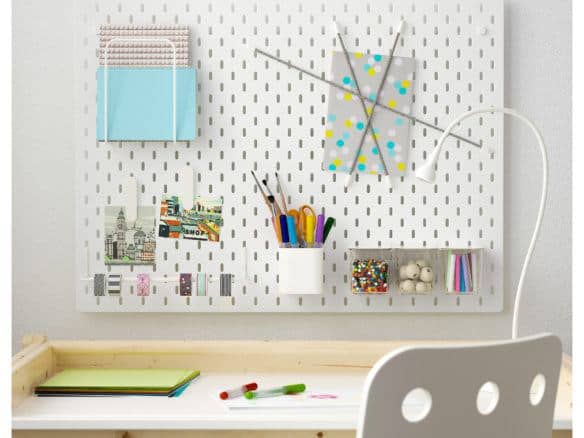Twenty years ago, my husband and I had an experience I will never forget. While on our way to Nairobi, Kenya, a mentally-ill passenger broke into the cockpit and tried to crash the plane. For five harrowing minutes, the plane did acrobatics in the air. In those moments of life hanging on a thread, what living the best life really means for me suddenly became crystal clear. But I’ll get to that in a minute. Because this article isn’t about me. It’s about you and your life. Do you have a strong sense of what you want out of life, but find it challenging to achieve that in the face of your day-to-day responsibilities and stresses? If so, you are not alone. Recent research has revealed 13 keys that can help us strike this balance between the big picture of what we want out of life and navigating everyday distractions. But first, it’s important to figure out what living the best life means to you.
What Brings You a Sense of Meaning?
When you think of living the best life, what do you think of? Perhaps achieving happiness, reaching your potential, or making the world a better place? What are the inner standards by which you judge your life? The following three questions might help.
3 Questions to Ask About Living the Best Life
For me, in the moments we faced death during that harrowing experience on the plane, I became intensely aware of these three questions by which I was judging how my life had been up to that point.
How Am I Experiencing Love?
The love I felt in that moment for my husband, our loved ones who were on the ground, and all others in the world was truly profound. I became aware that love—both my ability to receive it and share it—matters more than anything else.
How Authentically Am I Sharing My Unique Gift?
We each have a unique gift—the unique energy and essence that is who we really are. Each person has a unique gift to offer that no one else can or ever will again. Living our best life means finding creative ways to share our best selves, whether in our work, our creative hobbies, or simply how we live.
What Am I Grateful For?
It’s easy to focus on our worries and anxieties or the distractions of everyday life. However, when we remember our own mortality, we realize that each moment is a gift. What matters most in the big picture perspective of our lives is very personal. However, figuring it out is how we uncover our formula for living our best lives.
What’s Distracting You from Living the Best Life?
Fast forward to 20 Years Later. Today, my morning starts before the sun came up. Emails, texts, and appointments called for my attention, including requests from my family, friends, coworkers, as well as news alerts about the latest global crisis. To say nothing of our puppy, who was asking to be taken out for her morning walk. A dilemma most of us struggle with is time. How do we manage our time so that our lives reflect what matters most? These 13 keys can help us focus, live with greater purpose, boost our happiness and well-being, and authentically connect with the unique gift we each have to share, even in the face of day-to-day distractions.
13 Keys to Living the Best Life
1. Identify What Matters Most to You
It doesn’t take a near-death experience to reconnect with what matters most. Sometimes, just a few moments of asking tough questions can help us to do the same thing. What matters most to you? What is most important to you—really? If you learned you only had a limited time left, what would you want to do with your time? Have you had a difficult experience that helped you clarify what really matters? What did you learn? What are your answers to the above three questions? What matters most to
you?
2. Practice Being Present
Research has revealed that a simple way to be happier and live our best life comes from developing the ability to fully experience each moment. Mindfulness is the ability to observe the present moment without judging it. Mindfulness has many impressive benefits. Diabetic patients who were taught mindfulness skills experienced lower blood sugar and increased happiness.((Journal of Mazandaran University of Medical Sciences:
Effectiveness of Mindfulness on Happiness and Blood Sugar Level in Diabetic Patients)) Mindfulness on the job has been proven to reduce exhaustion and increase job satisfaction.((APA PsycNet:
Benefits of mindfulness at work: The role of mindfulness in emotion regulation, emotional exhaustion, and job satisfaction.)) Mindfulness is not difficult to learn and is something we can do in a moment. Right now, take a deep breath. Notice how the breath feels as it is going into your lungs. How does your body feel? Are your muscles stiff or relaxed? Do you feel warm or cold? What do you see? What do you smell? What do you hear? Focus on the noises closest to you, then further away. Now try to hear even beyond that. This is all it takes to be fully present.
3. Savor the Moment
An incredibly powerful technique that I’ve been coaching my clients to do and have been doing in my own life for several decades is something I call
Creating a Miraculous Moment. This is very effective when it comes to living our best lives. Here's how you can create a
Miraculous Moment, right now. First, become present by looking around and noticing what is happening (ask yourself the questions above in Key #2). Then find something very specific that you are grateful for—perhaps the way the sun feels on your face, feeling safe, hearing beautiful music playing in the background, etc. Combining mindfulness with savoring the moment is powerful, and the benefits are backed by research. Doing these things together can improve your psychological health and life satisfaction.((Springer Link:
Being Present and Enjoying It: Dispositional Mindfulness and Savoring the Moment Are Distinct, Interactive Predictors of Positive Emotions and Psychological Health))
4. Listen and Have Empathy
Living the best life has a lot to do with the level of trust, empathy, and intimacy we have in our relationships with those we love.((Springer Link:
Close Relationships and Happiness Among Emerging Adults)) In his book,
Nonviolent Communication, Marshall B. Rosenburg, Ph.D., explains that learning to listen to others with empathy and presence can dramatically transform our relationships. Being a good listener helps people feel as if we really care about them. It also helps us to understand what they need and want, so we can be of service and come up with positive solutions. His methods are rooted in the idea that “observing without evaluating is the highest form of human intelligence.”
5. Learn to Flow
One of the most powerful ways to connect with our true selves and experience positive emotions is through flow. Flow is sort of like mindfulness in action. Flow is when we are so engrossed in what we are doing that we get into a zone and stop thinking about anything else. We can experience this when playing an instrument, playing a sport, creating artwork, writing an essay, reading a book, etc. Being in flow increases our happiness, helps us reach optimal performance, and boosts our creativity. According to researcher Mihaly Csikszentmihalyi and author of
Flow: The Psychology of Optimal Experience, one of the best things about flow is it puts happiness in our control.((Psychology Today:
Finding flow)) Rather than being happy because of outer events, we are in flow as a result of an inner experience we create for ourselves.
6. Hit the Reset Button (Often)
Sometimes life sends us curveballs we aren’t prepared for. It’s important to know how to get back to the center—to who we are and to reconnect with our goals and priorities. If you ever find yourself feeling off-course or negative, imagine hitting a pause button. It only takes a minute to re-focus. Some great tips for resetting include stretching, taking a deep breath, jotting down a few goals or intentions, then beginning again. Knowing how to reset our energy is important when it comes to navigating minor distractions and major life changes.
7. Be Self-Aware
There is a saying that
awareness is the first step to healing. Sometimes we are so busy in life that we don’t take time out to hear our inner voice, which can have negative consequences. We can also become blind to destructive habits that we want to pretend aren’t happening but can have negative long-term effects on our well-being. When we prioritize getting to know ourselves, we gain information that can be extremely helpful in changing our lives for the better. If self-awareness is something you want to improve, consider working with a therapist, coach, journaling, meditating, or regularly sharing from a deep place of honesty with a friend who wants the very best for you.
8. Comfort Yourself
Self-awareness is one thing. What we do with that awareness, however, is even more important. Many of us have learned to be very hard on ourselves and self-critical in the face of challenges or aspects of self we would like to change. However, research shows self-criticism can have a very negative impact on our health, well-being, and the quality of our lives.((Clinical Psychology and Psychotherapy:
Compassionate Mind Training for People with High Shame and Self-Criticism: Overview and Pilot Study of a Group Therapy Approach)) The good news is, self-compassion and the ability to reassure ourselves can be learned and can lower our risk of depression, anxiety, shame, and stress. Next time you find yourself being overly self-critical, try reassuring yourself, visualizing comforting and calming images, or imagining being comforted by a deep understanding, accepting and empathetic friend.
9. Do What You Love
The benefits of hobbies and doing what we love have been widely accepted, including improving our well-being and reducing stress.((Psychiatry Online:
Psychological Aspects of Hobbies)) When we enjoy something, we are more apt to do it often. The more often we practice something, the better we become, and that can also act to boost our sense of well-being, confidence, and success. Activities we love are also those that can help us experience flow (Key #5), which improves our happiness and can provide a direct experience of who we really are, our unique gift, and our true self. Shortly after our near-death experience on that flight to Africa, my husband and I took a three-month sabbatical and traveled around the United States, interviewing more than 100 people about their hopes and dreams, including what they'd always dreamed of doing. The joy on people's faces as they shared their answers showed us that even the act of thinking about what we love to do can be a game-changer. Take a minute now to ask yourself: What are your passions? What do you love to do? Your answers are the key to living your best life.
10. Develop Routines and Positive Habits
One of the reasons the small stuff gets in the way of our big picture goals and intentions is that we haven’t established
routines and positive habits. Routines can help us cut through the clutter, reduce distractions and more easily accomplish all the little things that we all must do to survive, such as pay our bills, make our meals, wash and put away our clothes and dishes and yes, empty our email inboxes. Research shows that the better we are at creating routines to take care of our personal lives and healthcare, the better our health and well-being.((Pediatrics:
Household Routines and Obesity in US Preschool-Aged Children)) One tip for creating a new habit, which Charles Duhigg discusses in his book
The Power of Habit, is building habits on top of each other. In other words, if you already brush your teeth every night without fail, add a new habit to that already-established time and routine.
11. Commit to Your Connections
The COVID-19 pandemic showed us firsthand how important our social connections are. Community is an important factor in how happy we are with our lives, and our long-term well-being and health. If you feel disconnected or like you want to strengthen your sense of belonging, consider calling a different friend each day, joining a church, synagogue or spiritual group, online or in-person support group, book club, or exploring cultural or community events that might be attended by other people with shared interests. To reconnect with favorite friends, try scheduling a weekly hike, coffee hour, zoom call, happy hour, or email/text check-in. We get what we put out there. Show up when people you love ask for help or seek connection. Let go and create healthy boundaries with people who drain your energy.
12. Move Your Body
Exercise is an important key to staying healthy and happy. Research shows exercise can prevent
depression, long-term illness, improve our moods, and increase our longevity.((Pediatrics:
Household Routines and Obesity in US Preschool-Aged Children)) We now know that it’s not only exercise that matters, but also how we hold and move our bodies when we are going through the motion of our lives, including working at our desks. Recent research shows that simply sitting up straight can make us more likely to think positive thoughts about ourselves and what is possible for our lives.((Science Daily:
Body Posture Affects Confidence In Your Own Thoughts, Study Finds))
13. Spend Time in Nature
One of the best ways to live our best lives is to spend time in nature. From the benefits of vitamin D from sunlight, to simply getting outside of our own world and connecting with something greater, the benefits of nature are well-established.((Sage Journals:
Benefits of Nature Contact for Children)) The more we learn, the more we realize how important it is to protect our natural spaces, parks, and trees, not just for our enjoyment, but also for our physical and mental well-being.
Final Thoughts
Living the best life requires knowing matters most to us and reflecting this in what we prioritize in our day-to-day. The good news is, with intention and focus, small changes can make a big difference. Look at the list of 13 keys above one more time. Which of the 13 keys for living your best life resonates most with you? Which do you think has the greatest potential to change your life for the better? Lately, I have found
#6: Hit The Reset Button to be particularly helpful. When we feel distracted or off-course, all we have to do is remember that each moment is a gift. No matter how far the anxieties or distractions of our lives have taken us from where we want to be, it only takes a moment to reset, shift from distraction to gratitude, remember what matters most and begin again.
More on Living the Best Life

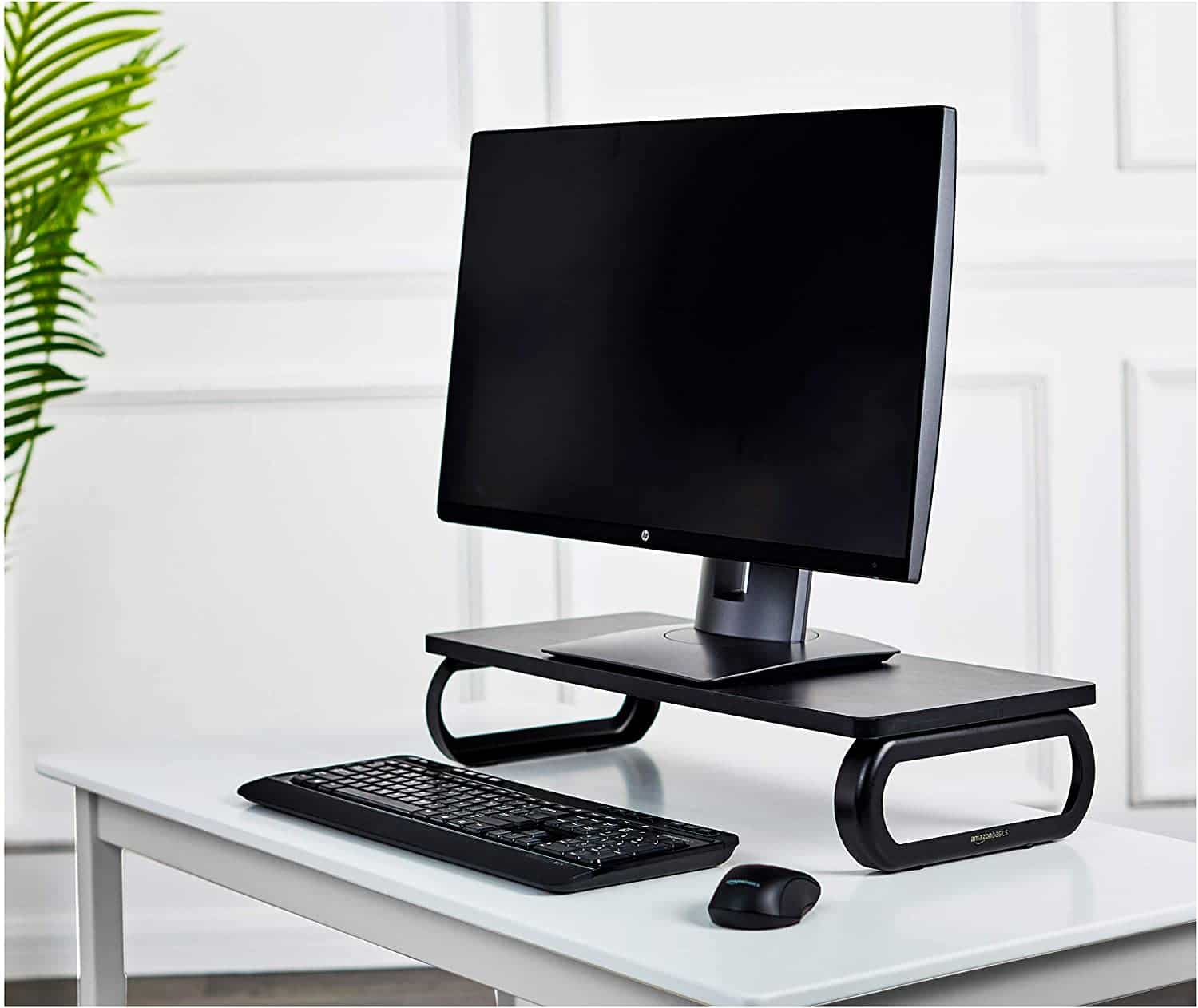
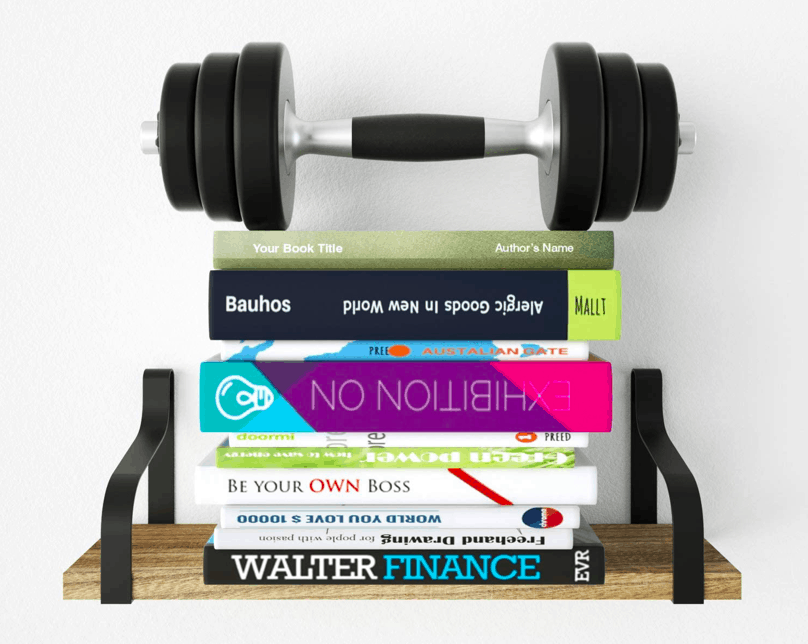



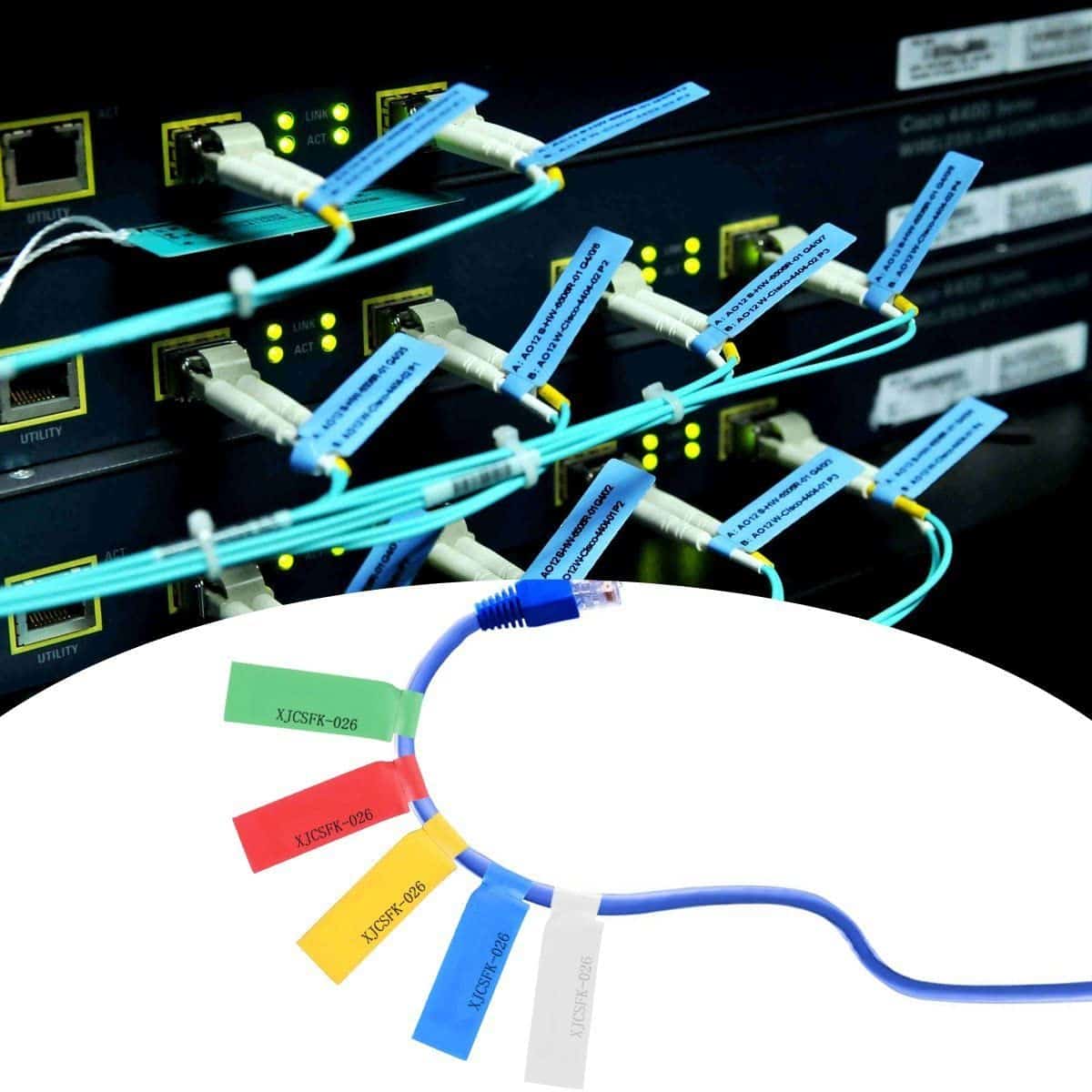
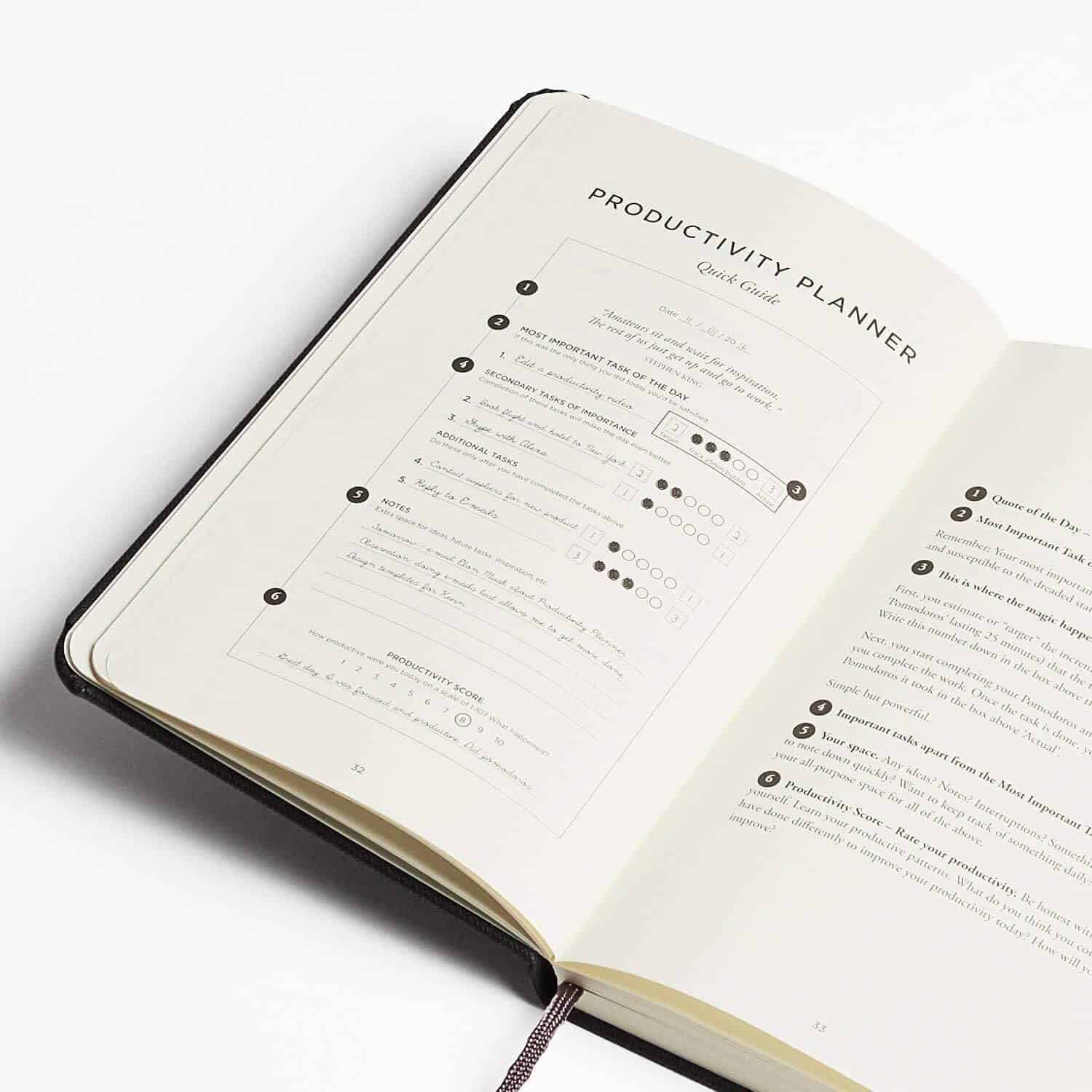
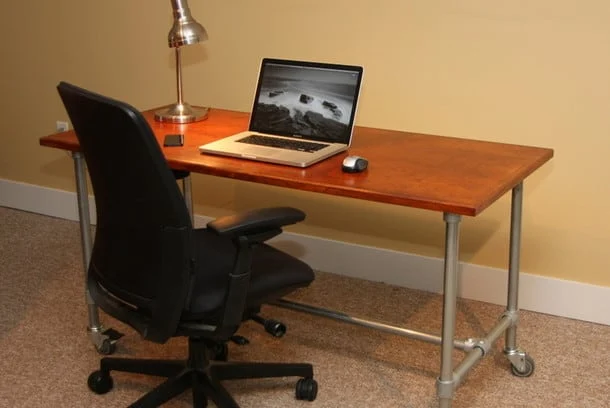 This idea has done wonders for startups since casters have made it easier to move desks together for collaboration efforts. While we're still in isolation, casters can make it easy to move your desk to avoid distractions. Maybe you work near a window where the sun gets in your eyes. Moving your desk to a better location is a solution and it's a lot easier when the desk is on wheels.
This idea has done wonders for startups since casters have made it easier to move desks together for collaboration efforts. While we're still in isolation, casters can make it easy to move your desk to avoid distractions. Maybe you work near a window where the sun gets in your eyes. Moving your desk to a better location is a solution and it's a lot easier when the desk is on wheels.






